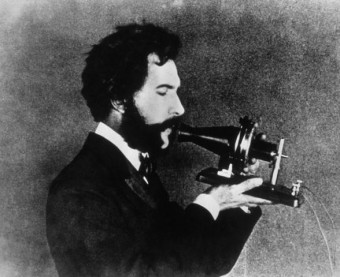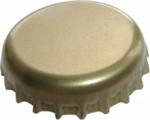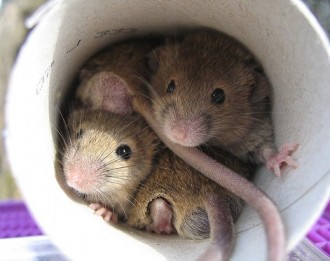The Bluetooth Standard is Named After a 10th Century Scandinavian King

Today I found out the Bluetooth standard is named after a 10th century Scandinavian king. The man was Harald I of Denmark. “Bluetooth” is the English translation of “Blåtand”, which was an epithet of Harald I (Harald Blåtand Gormsson). Legend has it, he received this name due to being extremely fond of blueberries and consuming them so regularly and in […]
Read more















 The difference is simply in what gender the word is referring. When referring to a woman with yellow hair, you should use the feminine spelling “blonde”. When referring to a male […]
The difference is simply in what gender the word is referring. When referring to a woman with yellow hair, you should use the feminine spelling “blonde”. When referring to a male […]
